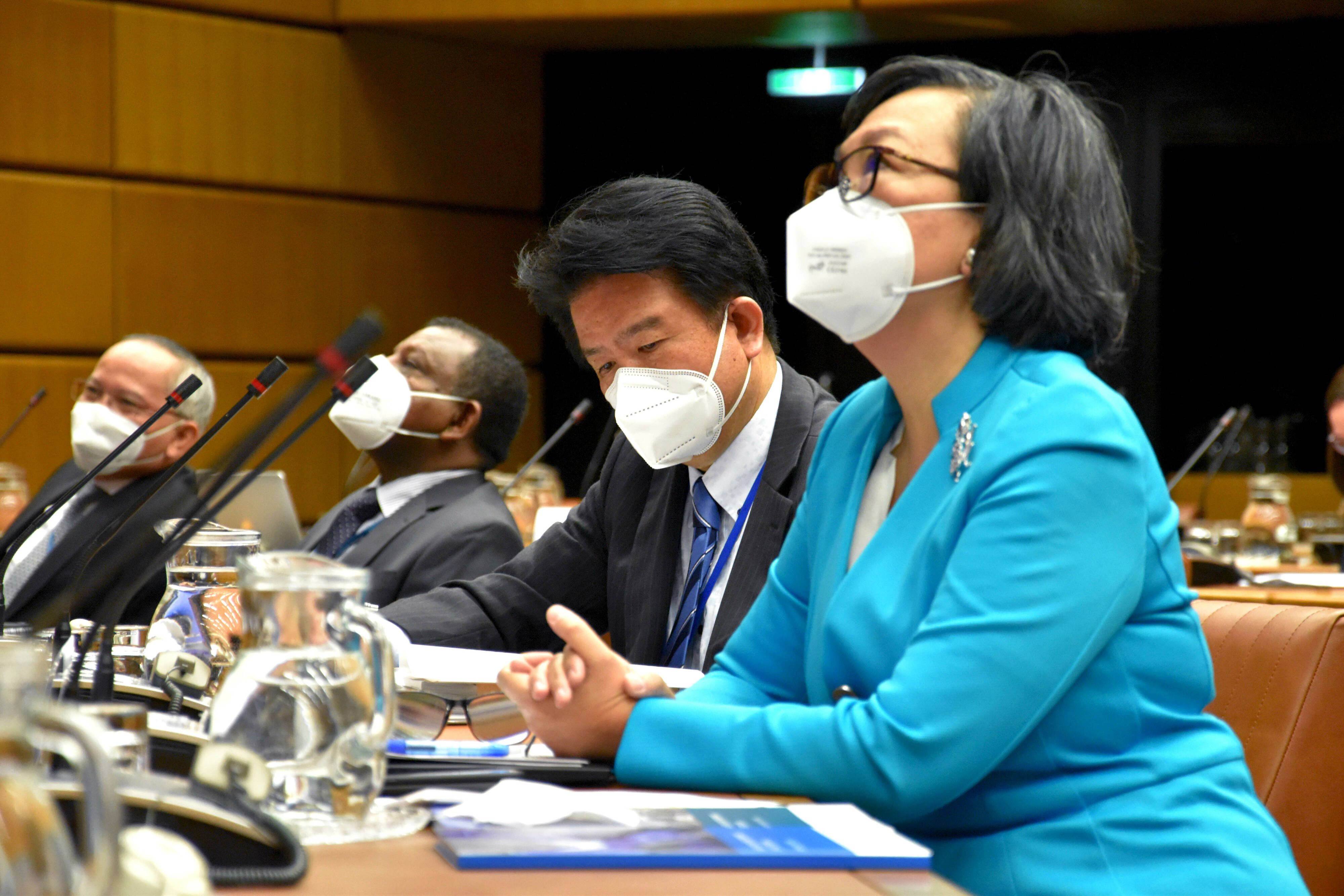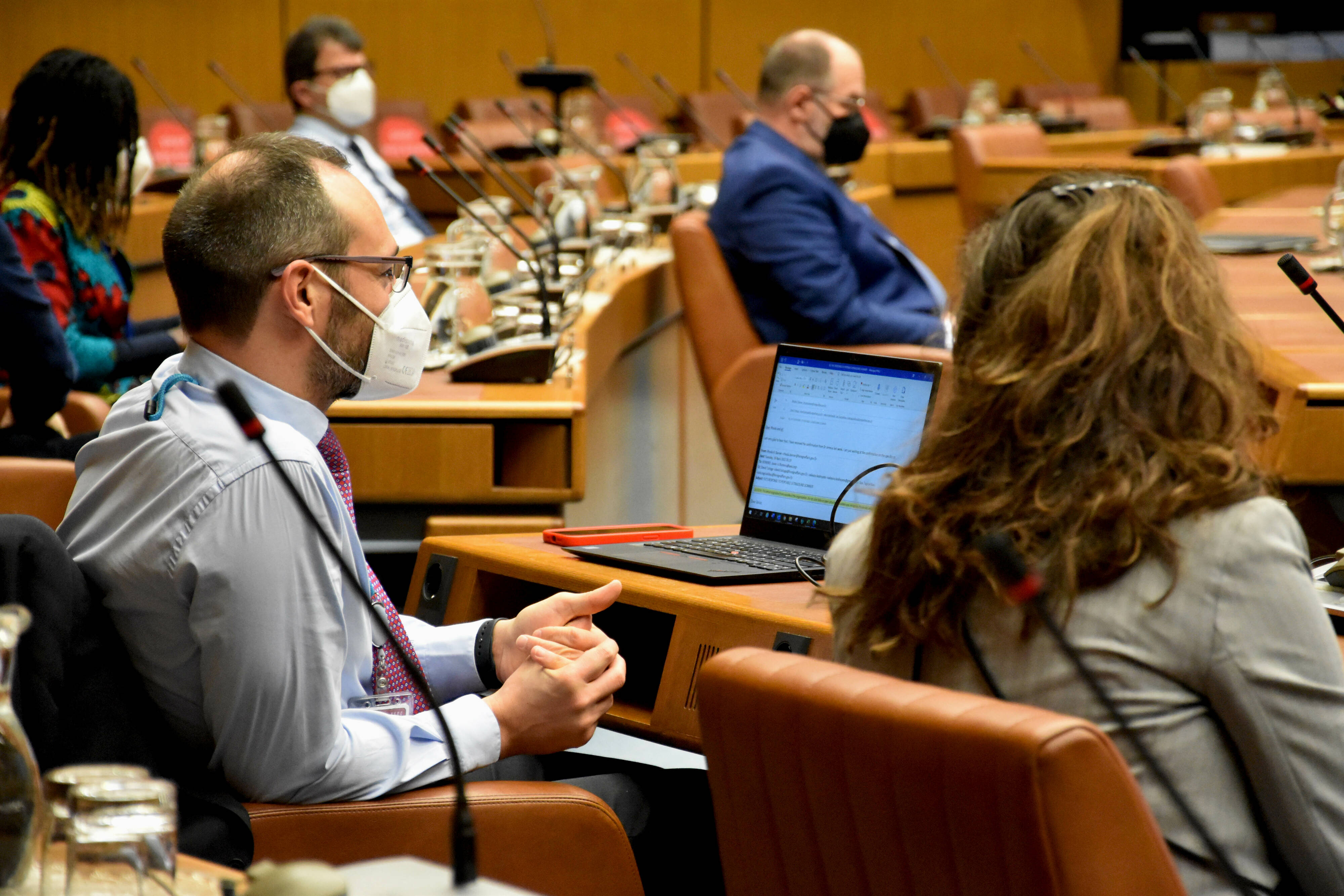Two new publications which demonstrate the impact of the Agency’s technical cooperation (TC) programme in the areas of radiotherapy and non-destructive testing (NDT) were launched by IAEA Director General Rafael Mariano Grossi on 19 April. The publications, which focus on achievements in countries that are State Parties to the Regional Cooperative Agreement for Research, Development and Training Related to Nuclear Science and Technology for Asia and the Pacific (RCA) were launched in the presence of more than 100 RCA National Representatives at their annual meeting.
“The RCA’s contributions are extremely tangible, and the Agreement provides a critical vehicle which channels the ongoing work and continuous efforts of both IAEA experts and their counterparts in national capitals across the region,” said Director General Grossi. “The RCA was launched in 1972—a different world with different circumstances and conditions—and yet, it has proven its adequacy as a framework for cooperation.”
Following the 2020 launch of an impact assessment of IAEA-supported RCA projects in crop mutation breeding—the first in the ongoing series—the two new publications focus on the success of IAEA and RCA activities in radiation therapy and in the industrial applications of NDT technologies.
In the new impact assessments, national experts and evaluators describe the instrumental role of the RCA in supporting capacity-building and the transfer of expert experience and essential equipment. With the support of the IAEA’s technical cooperation programme, RCA projects have seen the number of cancer patients in the region treated with radiotherapy technologies grow steadily—from 3,000 in 2000 to 70,000 in 2020. In the same period, over 3,000 radiation oncology departments have been established in hospitals, and 94 Radiation Oncology Societies have been set up to support the standards of those departments.


